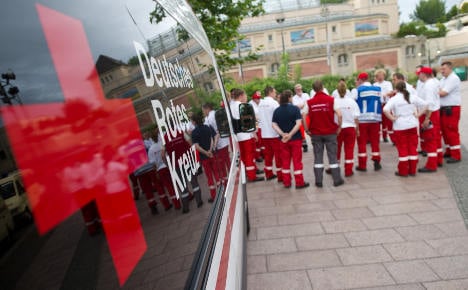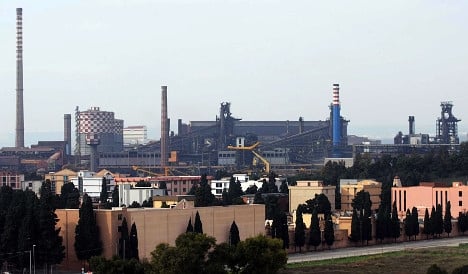The Frankfurter Allgemeine Zeitung reported on Saturday that although Sweden, Poland and Belgium have fully privatised emergency ambulance services, Germany was lagging way behind.
Danish firm Falck established a German subsidiary soon after the European Courts of Justice ruled last April that contracts should be put out to tender. But despite having bid for three contracts, Falck has so far failed to get one, the paper reported.
Although its bid made to the Cologne authorities were rejected for being too expensive – 25 percent higher than the German Red Cross (DRK) – managers complain that there has been no notice of a new contract having been awarded.
“The highest European legal opinion is being completely ignored by various German states,” a spokesman for the firm said.
Volunteer- supported organisations which currently organise emergency response services, including the DRK, say competition between them for the contracts has already pushed costs down as far as they can go.
Yet they say that organisations such as the DRK, the Malteser and Johanniter, also offer added value as they not only provide professional rescue workers but also have the option to call in an army of volunteers should an incident require added help.
A number of municipalities are taking the responsibility for organising rescue services back, seeing that as the best way to guarantee quality, the FAZ said – even though this is generally more expensive.
The Local/hc



 Please whitelist us to continue reading.
Please whitelist us to continue reading.
Member comments